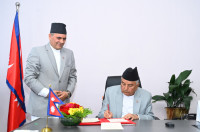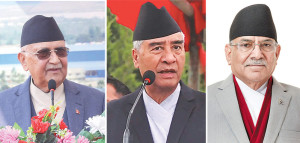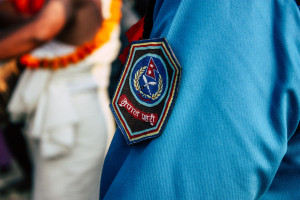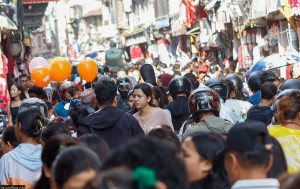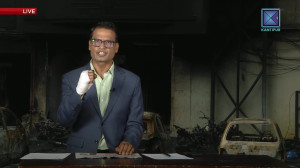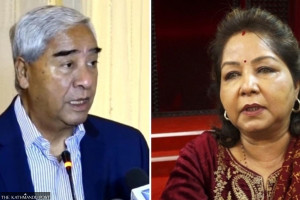Editorial
Destructive unions
Youth trust in the higher education system is at a low, partly due to unruly student unions.
There was a time when Nepal’s student unions played a vital role in enriching the country’s political landscape. This was the case during the rebellion against the autocratic Rana regime in the 1950s, the movement for restoration of democracy in 1990, and for the monarchy’s abolition in 2006. Student leaders even made a big contribution in heralding the new federal republic. They were thus considered a vital part of any university’s fraternity and of the larger political space. Unfortunately, things have changed for the worse, and these unions are losing their significance.
Ask any student at Tribhuvan University—Nepal’s oldest and largest—what positive impact student politics has had on their welfare, and they will have little to point to, perhaps with the exception of the unions’ role in the implementation of the 30 percent student discount on public bus fares. On the other hand, the list of their wrongs continues to lengthen. An incident from last week was illustrative of their growing irrelevance, even undesirability. Some activists of the Nepal Student Union, the student wing of the ruling Nepali Congress, vandalised the TU Vice Chancellor’s Office in the presence of acting VC Khadga KC and the police. They also locked the office of the rector and registrar and threatened officials. Their demand that admission be reopened for the first year of the bachelor degree programme, which closes around January-February as per the university’s academic calendar, had no legitimacy.
In light of the incident, the university’s executive council filed a complaint at the Kirtipur Police Station on Sunday, seeking legal action against the vandals. Even though the officials have a video showing around 15-20 people involved in vandalism, there has as yet been no action against them. The police are dilly-dallying, citing the need for a detailed report. But this is not the first time these union leaders have engaged in such acts, nor the first occasion they have gone unpunished. As per a news report in Kantipur, the Post’s sister publication, this was the third incident of its kind in the past three months. Thanks to the backing of their political masters, no one was punished in the previous two acts of vandalism.
Given the grip of top political leaders on their functioning, these unions do not have any autonomy to work for student welfare. Party leaders handpick student leaders who in turn seek to please their political bosses. Student leaders thus even resort to physical assault of university faculty, as happened in 2020 when Prem Chalaune, a lecturer, was badly beaten. Such acts not only erode the faith of students in these unions but also highlight the need for a thorough reform in student politics.
Several problems have long plagued Tribhuvan University, including inordinate delays in publishing of exam results, a messed-up academic calendar and, most recently, the absence of a full-time Vice Chancellor. Successive governments have shown little interest in bringing about desired reforms in the university, the neglect this time clearly manifested in the long absence of the VC. Not much will change unless the student unions can function with a high level of autonomy from their mother parties. A strict precedent must also be set by imposing harsh punishment against those who vandalise university property and threaten its officials. With the youth’s trust in the country’s higher education system already at a historic low, the time to start doing this is right now. There is not a moment to lose.




 17.62°C Kathmandu
17.62°C Kathmandu

